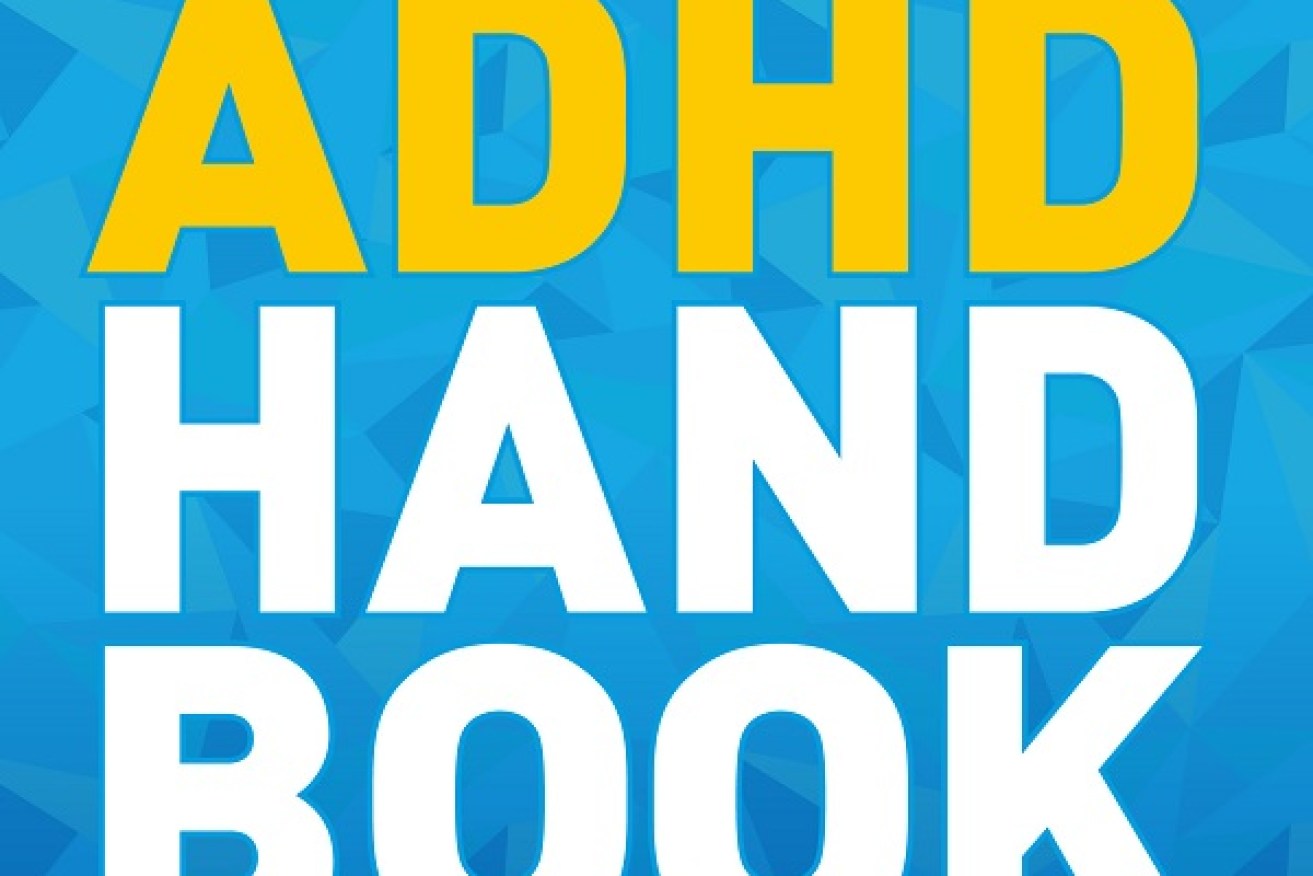Common myths about ADHD … busted

Myths that ADHD is caused by sugar or by bad parenting, and shrill headlines claiming that the disorder is simply a confection cooked up by big pharma to pedal drugs to kids, all add to the confusion about the disorder.
Stuart Passmore, psychologist and author of The ADHD Handbook (Exisle Publishing), tackled the most common myths about ADHD.
Myth 1: ADHD is only a western phenomenon
It is a fact that ADHD is a disorder causing a lot of concern in western societies, but is it limited to western cultures?
Some proponents of this myth like to argue that the United States has the greatest number of children diagnosed with ADHD as compared to the rest of the world. On the surface this is one of the better arguments, as it sounds quite convincing.
Nevertheless, it is well documented that ADHD is not just an American problem; in fact we know ADHD is right across the world in both western and non-western countries.
Myth 2: Drug companies made up the term ADHD so they could increase profits
There are a number of variations on this myth but they all seem to come back to a central point of drug companies trying to increase their profits. One such variation implicates doctors (and therefore paediatricians and child psychiatrists) as being part of a worldwide conspiracy to only prescribe medications from certain pharmaceutical companies because they get ‘kick-backs’ from that company.
Another variation in this myth is that there is really no effective treatment that works for ADHD. Evidence from around the world suggests that medication is the frontline therapy or first choice of therapy for ADHD. However, there are also a number of effective non-medicinal therapies available, including behavioural interventions, school classroom interventions, cognitive behavioural therapy, and parent management training.
Myth 3: The medications used for ADHD are dangerous
It is true that some children may experience side effects while taking ADHD medication, but it is equally true that people react differently to different drugs. Some people even have a reaction to or experience side effects from non-prescription medications such as paracetamol.
There are a lot of factors a psychiatrist or paediatrician must take into account before placing a child on medication for ADHD. In the hands of a competent practitioner the child will be monitored carefully and, if required, the dose can or will be adjusted or the medication itself will be changed.
Myth 4: Giving stimulant medication to children puts the child at risk of becoming a drug user later in life
Medication for ADHD is a controlled substance and in most countries is restricted and requires a prescription. However, according to the professional research, there is no evidence to suggest there is a relationship between children being prescribed medication for ADHD and later substance use and/or abuse.
While stimulant medication can have abuse potential (when used to get a high or to stay awake), stimulants are not addictive if they are used as directed by your paediatrician. This means that children and adults can stop taking the medication with little difficulty if taken as prescribed.
Myth 5: If ADHD does exist it disappears in adolescence and is very rare in adulthood
This myth has been around for quite some time, and for a number of years even a lot of professionals were unsure if adults could really have ADHD. It was thought that by the time the individual reached adolescence, they had all but outgrown the disorder.
However, one longitudinal study indicated that about 72 per cent of the children still displayed enough ADHD symptoms to have received a diagnosis at 20 years of age.
Myth 6: ADHD is a result of bad parenting
If you believe that ADHD is nothing more than a child misbehaving, the logical conclusion is to point the finger of blame at the parents. However, the fact is that parenting, whether good or bad, does not cause ADHD.
ADHD is a neurological disorder. But, and it is a big BUT, certain parenting practices are known to increase the frequency and the intensity of the presentation of certain symptoms. This is one of the reasons why parent management training is usually a very helpful tool for parents dealing with their ADHD child.
Myth 7: Diet causes ADHD
A child’s diet can have a negative impact on their behaviour. However, the idea that diet causes ADHD has not received any scientific support. Children can have reactions to some foods or may have chemical sensitivities and it is these reactions that have been found to have a negative impact on the child’s behaviour. This does not, however, mean the food or the chemical has caused ADHD.









